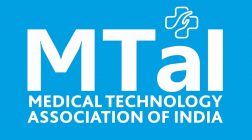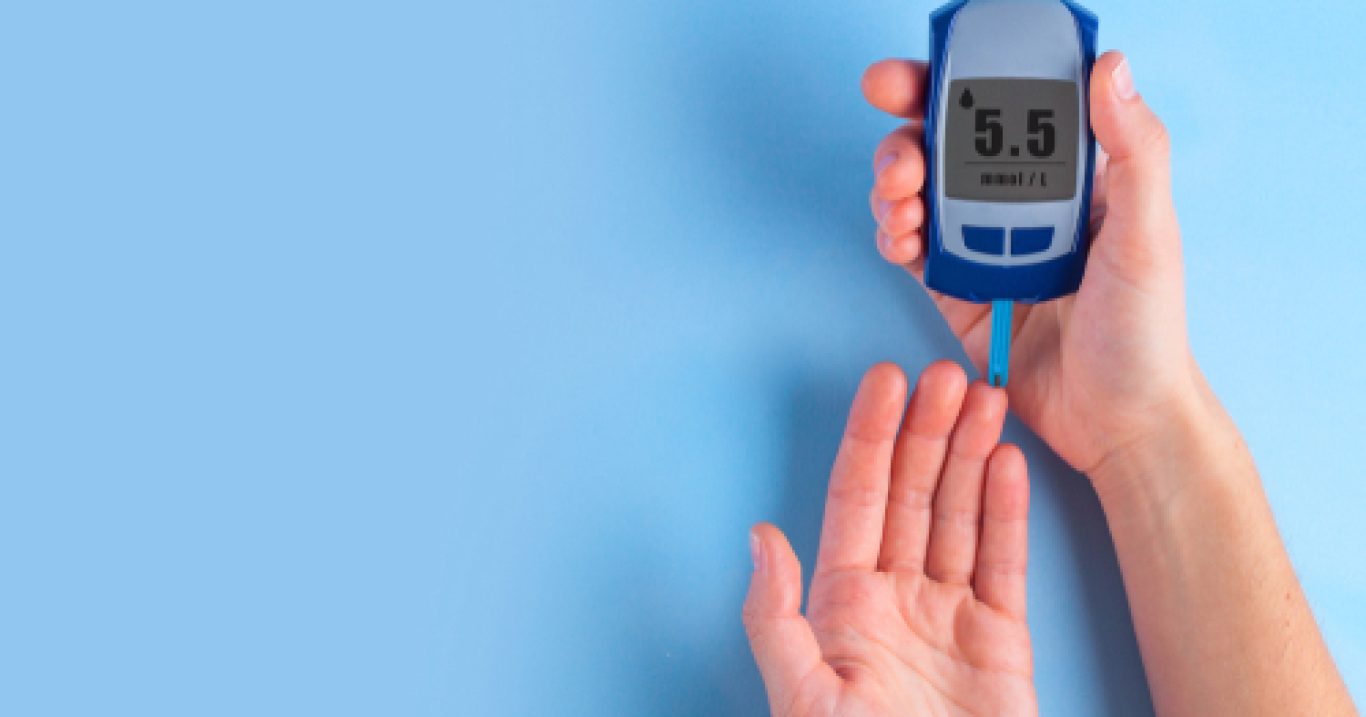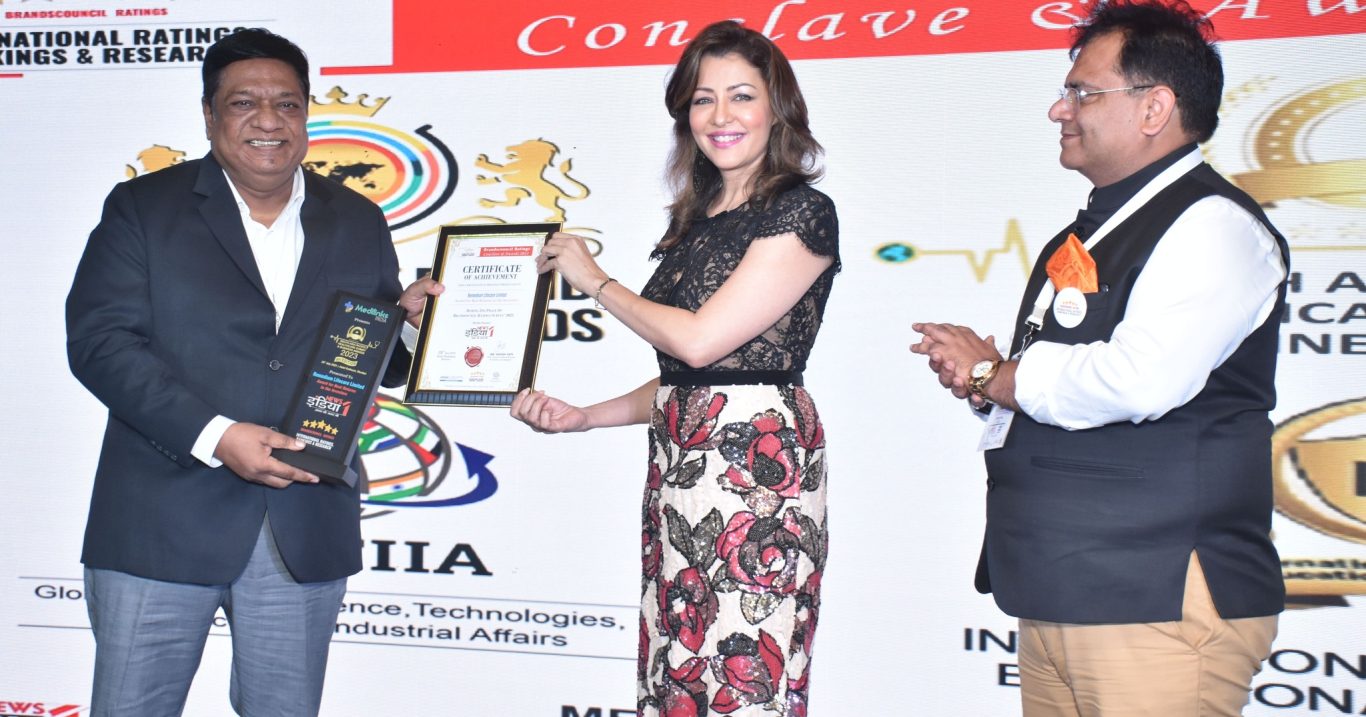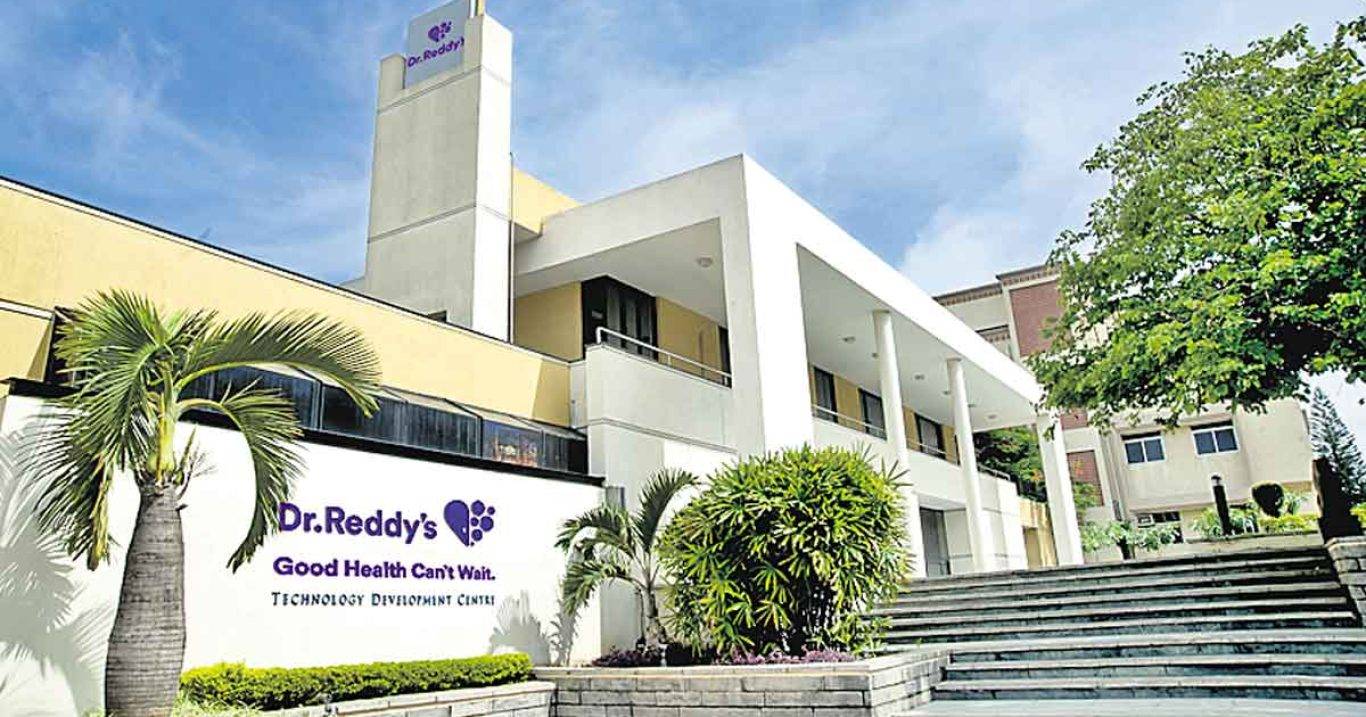The apex court on Monday directed the health ministry to justify its approval for 162 global clinical trials in India, increasing the uncertainty faced by the nation’s $500 million clinical research industry.

The Supreme Court expressed its concerns about drug trials being permitted on humans without comprehensive rules to regulate the approval process.
Records submitted in court show the health ministry approved these trials between 3 July and 31 August. A total of 1,122 applications for clinical trials were received this year till 31 August, according to documents submitted in court.
The approvals for clinical trials are usually given by India’s drug regulator, Central Drugs Standard Control Organization, but in a 3 January ruling, the Supreme Court revoked the powers of the regulator to approve trials for new chemical entities (or molecules) because of irregularities in the process. It banned clinical trials for new chemical entities unless these were personally vetted and cleared by the Union health secretary.
While several amendments have been recommended to the Drugs and Cosmetics Act, no decision has been taking regarding new laws for regulation and ethical supervision of trials; compensation of trial subjects, and mandatory accreditation of all stakeholders—institutional review boards, research institutions and sponsors.
“We are nowhere close to having a comprehensive set of norms governing the clinical trial industry in India at state and central level,” said Sanjay Parikh, advocate for Indore-based petitioner Swasthya Adhikar Manch, a non-governmental organization.
“In less than two months, the government has approved so many clinical trials. There is currently no regulatory regime in place. Rules regarding compensation mechanism are being contested…Even a properly approved clinical trial would take weeks. This sort of approval process is why deaths take place.”
The Supreme Court bench of justices R.M. Lodha and Madan Lokur has granted the centre four weeks to convene a meeting of the chief health secretaries of state governments to frame a law for regulation of clinical trials.
With the court and the health ministry ironing out the governing principles for the industry, India’s once-booming clinical research industry has come to a halt with top agencies like the US National Institutes of Health cancelling nearly 40 clinical trials in the country due to the uncertain regulatory environment.
“There has been a year of a lot of uncertainty in the clinical research industry, largely due to the lack of regulatory certainty and direction,” said Suneela Thatte, president, Indian Society for Clinical Research (ISCR). “This has eroded the confidence of Indian and global biopharma companies, research and teaching institutions and not-for-profit organizations in doing clinical research in India and we have seen a significant decline in the number of clinical trials done in India. Much needs to be done to get the industry back on track and restore the confidence of organizations doing clinical research in India.”
Industry analysts estimate a loss of $150-200 million this year alone on account of the regulatory uncertainty. Research firm Frost and Sullivan puts the size of the clinical trials business in India at $500 million currently and expects it to grow to $1 billion by 2016.
According to documents submitted by the Drugs Controller General of India in the Supreme Court, between January 2005 and June 2012, India approved 475 clinical trials for “new chemical entities” not used as drugs elsewhere in the world. The documents said 11,972 adverse effects, excluding deaths, were reported in the period, with 506 of these being directly attributable to the trials. They put deaths from trials at 2,644 over the last five years.











